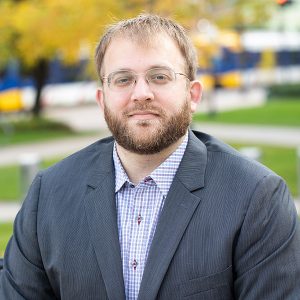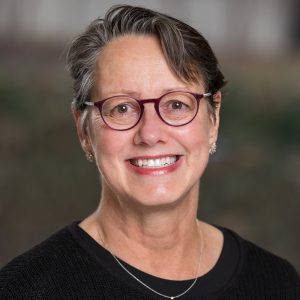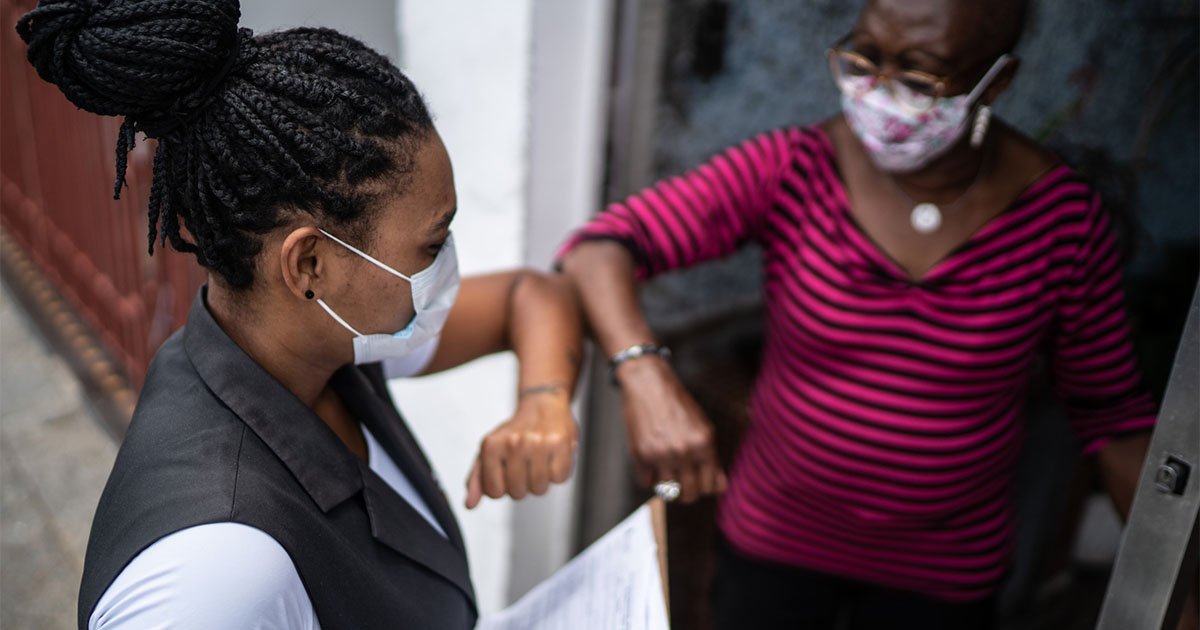While the COVID-19 pandemic is behind us, the nation continues to face a range of public health challenges, from bird flu to measles to continuing deaths from COVID-19. However, according to the research from the University of Minnesota School of Public Health (SPH), the nation’s public health workforce is understaffed to address these challenges. Recent cuts to the public health workforce at the state and national level have only added to a dire situation in which the U.S. needed tens of thousands of additional workers to meet our basic public health needs, prior to cuts occurring at the federal level, which are making their way into communities.

SPH Associate Professor JP Leider is a national leader on public health workforce policy and planning, and Professor Rebecca Wurtz is an infectious disease physician and population health expert who has worked extensively in public health in local, state, federal, international, and private sector settings.
Wurtz and Leider comment on the state of the public health workforce and how recent staffing decisions could impact the public health of all people.
“From safe food to clean water to outbreak response, we have long taken for granted fundamental public health protections,” Leider says. “We cannot assume those protections going forward –billions cut from our national public health budget are already impacting communities, including addressing lead in water, inability to test and track infectious disease, decreasing our disaster preparedness capacity, and much more. We need sustained federal and state investments to grow our workforce and support its ability to keep us safe.”
“Every American benefits every day from infectious disease control,” Wurtz says. “Without the constant vigilance of talented and committed professionals, we can count on more cases of diseases which were once controlled or even eradicated in the United States, including measles, polio, and malaria. We are also sowing the seeds of decades of disease cases—such as HIV, tuberculosis, and syphilis—that wouldn’t have occurred if communicable disease control programs had remained in place.”

As director of the Center for Public Health Systems (CPHS) at SPH, Leider conducts research on workforce capacity, retention, financing, and differential community outcomes and helps inform the work of health agencies at the federal, state, and local levels. CPHS works with practice partners, foundations, national public health organizations, and researchers to create a sustainable public health workforce that supports identified U.S. public health needs.
Rebecca Wurtz is a Distinguished University Teaching Professor at SPH, where her areas of expertise include immunization barriers, electronic laboratory reporting, population health data standards, generative AI and public health misinformation. A physician with a background in infectious disease and epidemiology, Wurtz brings extensive leadership experience from local and national public health systems to her teaching and research.
About the School of Public Health
The University of Minnesota School of Public Health improves the health and wellbeing of populations and communities around the world by bringing innovative research, learning, and concrete actions to today’s biggest health challenges. We prepare some of the most influential leaders in the field, and partner with health departments, communities, and policymakers to advance health equity for all. Learn more at sph.umn.edu.

